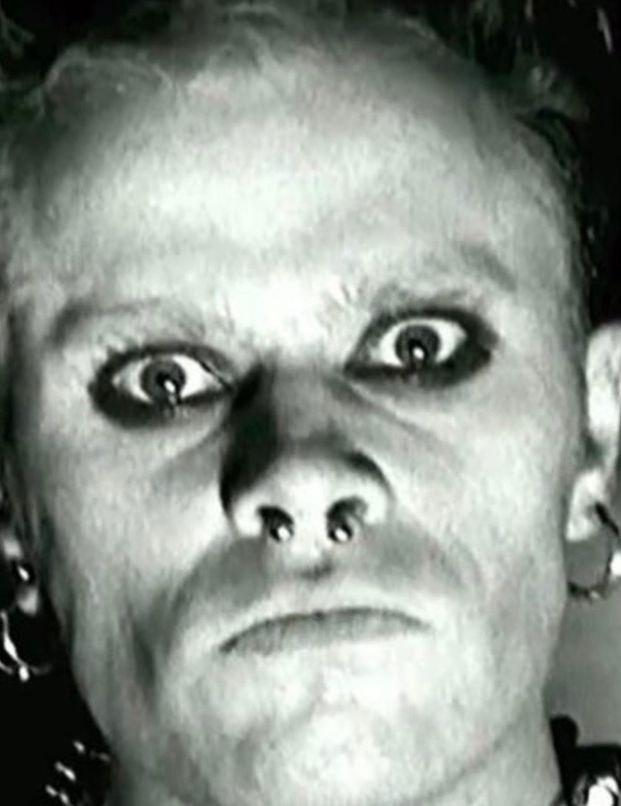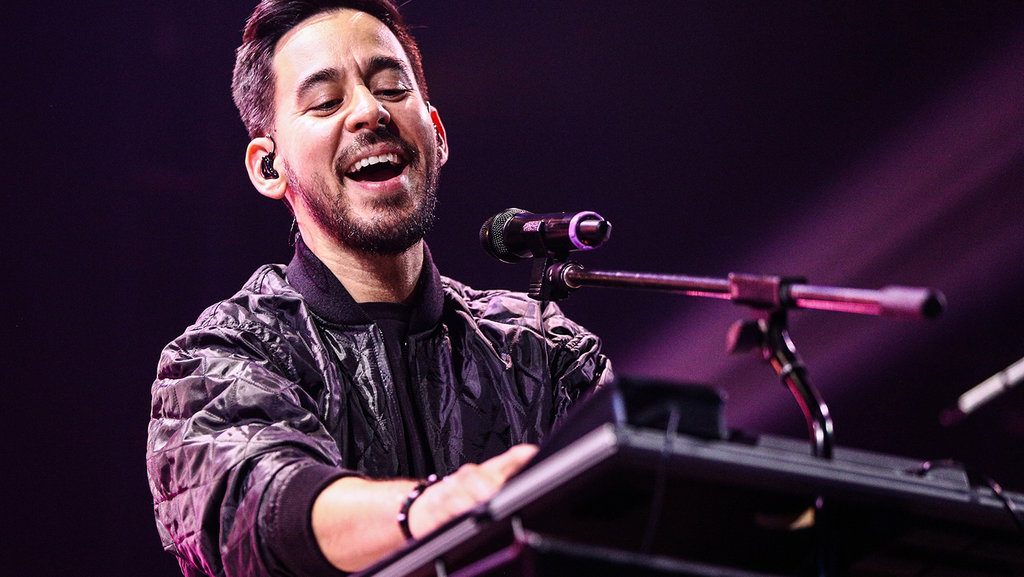Aside from touring, it can be the day-to-day panic that the fans don't see that can penetrate today's artists. When speaking of his debut album, fittingly titled Divinely Uninspired To A Hellish Extent - Lewis Capaldi explained the album title, saying 'I was focusing too much on negative stuff; I should have been ecstatic at the amazing opportunities coming my way, but instead, I was down about ticket sales or something stupid.’
However, with mental health awareness quickly on the rise, the music industry seems to be slowly turning a corner. Outspoken artists such as Stormzy and Logic have actively promoted mental health awareness in their songs, as well as sharing their own struggles.
At the same time, many musicians are taking to Twitter to share their anxieties, such as singer-songwriter, Khalid. ‘Shout out to social anxiety haha’ he tweeted in 2018: 'Was just thinking, it’s like, I want to make new friends but shit... it’s HARD. All this pressure in my chest, all the overthinking, etc.’ ‘I feel like it’s something I’ve gained... Making friends used to be so easy, and shit, now I’m like... let me just go home.’
At a time where the media are waiting inside the cameras of artists' phones, your favourite musicians are slowly becoming even more open about their daily experiences with anxiety and struggles with depression. Gradually normalising it all, until one day, we hope it will no longer be something to shout about.
It's not just the artists themselves that are actively fighting the stigma around mental health issues. Sony Music became the first music company to pair up with a mental health charity (MIND) in 2016, offering staff 'mental health first aid’ and hosting mental health and music panel discussions at their London Headquarters. Sony also chose MIND as their charity of the year 2017-2018 with an aim of raising £50,000. Jason Iley, Chairman and CEO of Sony Music UK, said ‘We are extremely proud that Mind is our Sony Music UK charity. MIND’s aims and ambitions are particularly relevant to us in the music industry where mental health issues were, for far too long, a taboo shrouded in secrecy. We hope this partnership will further alleviate that stigma as well as raising much needed funds for the charity.’
In response to Sony's choice, Paul Farmer, Chief Executive of MIND, said ‘We’re absolutely over the moon that MIND has been chosen as Sony Music UK’s charity of the year. This partnership means we can continue our vital work funding programmes which provide support and advice to people battling mental health problems when they need it the most.'
The live side of the industry is also beginning to support up and coming artists as Help Musicians UK are set to campaign at grassroots venues across the UK for Independent Venue Week this year. They also plan to equip venues with 'healthy venue packs’ alongside supportive signposts for artists that may be struggling with pre-performance anxiety.
In the weeks following Keith Flint's death, at a time where the music industry can seem at its darkest, we hope that in the near future, the mental health of our artists can be supported with ease, by the networks around them. We may not have met our favourite artists in person (yet) - or perhaps you have - but we hear them every day, watch them on screens in the palms of our hands and will continue to support them throughout their careers. Perhaps it's time we let them know?
The news of Flint's passing prompted John Lydon of PiL and former frontman of Sex Pistols to say the following: ‘My heart is broken for him. He was a good friend of mine, but nobody loved him, and he was left alone, and he got destroyed. Why? Why do so many people in this industry get left alone? Any of you out there that need help, come talk to me. Alright? Come talk to me. We do not need to die.’
Let's start talking to each other.
Words Floyd Mason

